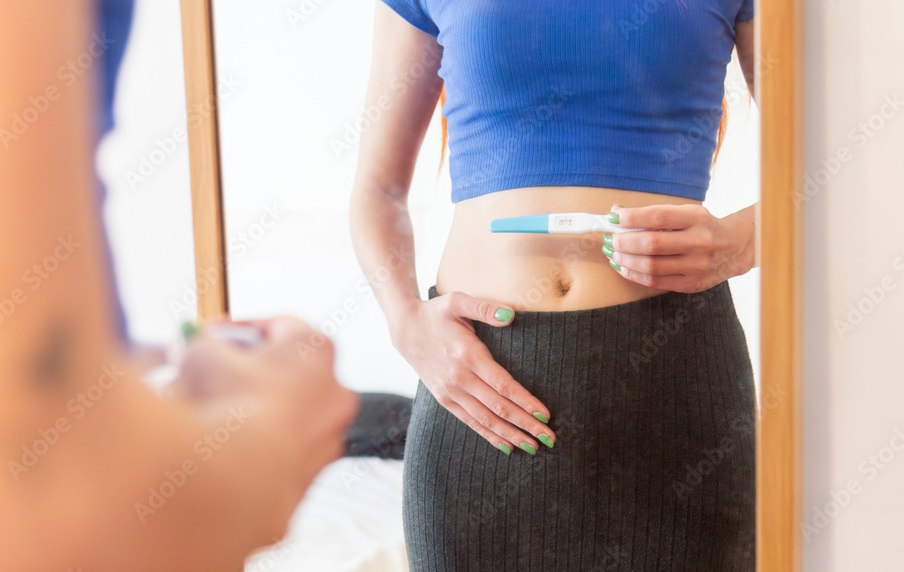The journey to discovering you’re pregnant can be a whirlwind of emotions and excitement. If you’re trying to figure out when you might start feeling those early signs of pregnancy, you’re not alone. Here’s a friendly guide to help you understand when pregnancy symptoms might begin and what to look out for.
The Timing of Pregnancy Symptoms
Pregnancy symptoms usually don’t show up the moment after conception. Instead, they start to appear a few weeks later. Here’s a simple breakdown of what happens:
1. Implantation and Early Symptoms:
- Timing: After conception, the fertilized egg travels to the uterus and implants itself into the uterine lining. This usually happens around 6-12 days after conception.
- Symptoms: Some women notice a tiny bit of spotting or light bleeding, which is sometimes called implantation bleeding. You might also feel some mild cramping—almost like a gentle reminder that something new is starting in your body.
2. Hormonal Changes Start:
- Timing: Once implantation is complete, your body begins to produce pregnancy hormones, like human chorionic gonadotropin (hCG). This usually ramps up around two weeks after conception.
- Symptoms: You might start to notice changes like tender, swollen breasts, a wave of nausea, or more frequent bathroom trips. These symptoms can be a bit like your body’s way of announcing, “Hello, there’s a baby on board!”
3. Common Early Pregnancy Symptoms:
- Breast Changes: Your breasts might feel sore, and the area around your nipples might darken a bit.
- Morning Sickness: Despite the name, this can hit at any time of day, often starting around the 6th week of pregnancy.
- Fatigue: Feeling unusually tired is common as your body works hard to support the pregnancy.
- Frequent Urination: You might find yourself making more trips to the bathroom as your body adjusts.
- Mood Swings: Those pregnancy hormones can cause your emotions to be a bit of a rollercoaster.
4. Home Pregnancy Tests:
- Timing: Most home tests are best used around a week after a missed period, which is about 14-21 days after conception.
- Accuracy: For the best results, try testing with your first morning urine, when hCG levels are highest.

Factors That Influence the Onset of Symptoms
- Individual Variation: Every woman’s experience is different. Some might feel symptoms very early, while others might not notice much until later.
- Cycle Variations: If you have irregular periods or ovulation times, your symptoms might start on a different timeline.
- Hormonal Levels: How your body produces and reacts to hormones can affect when and how strongly you feel symptoms.
What to Do If You Suspect You’re Pregnant?
If you’re seeing signs of pregnancy or have missed your period, taking a home pregnancy test can be a good first step. A positive result usually means it’s time to schedule a visit with your healthcare provider to confirm the pregnancy and start your prenatal care.
Final Thoughts:
Pregnancy is a unique journey for each woman, and the timeline for experiencing symptoms can vary. Understanding what to expect and paying attention to your body can help you navigate these early days with a bit more confidence. Whether you’re feeling those first signs or just wondering when they might show up, remember you’re not alone on this path.
Also Read:
